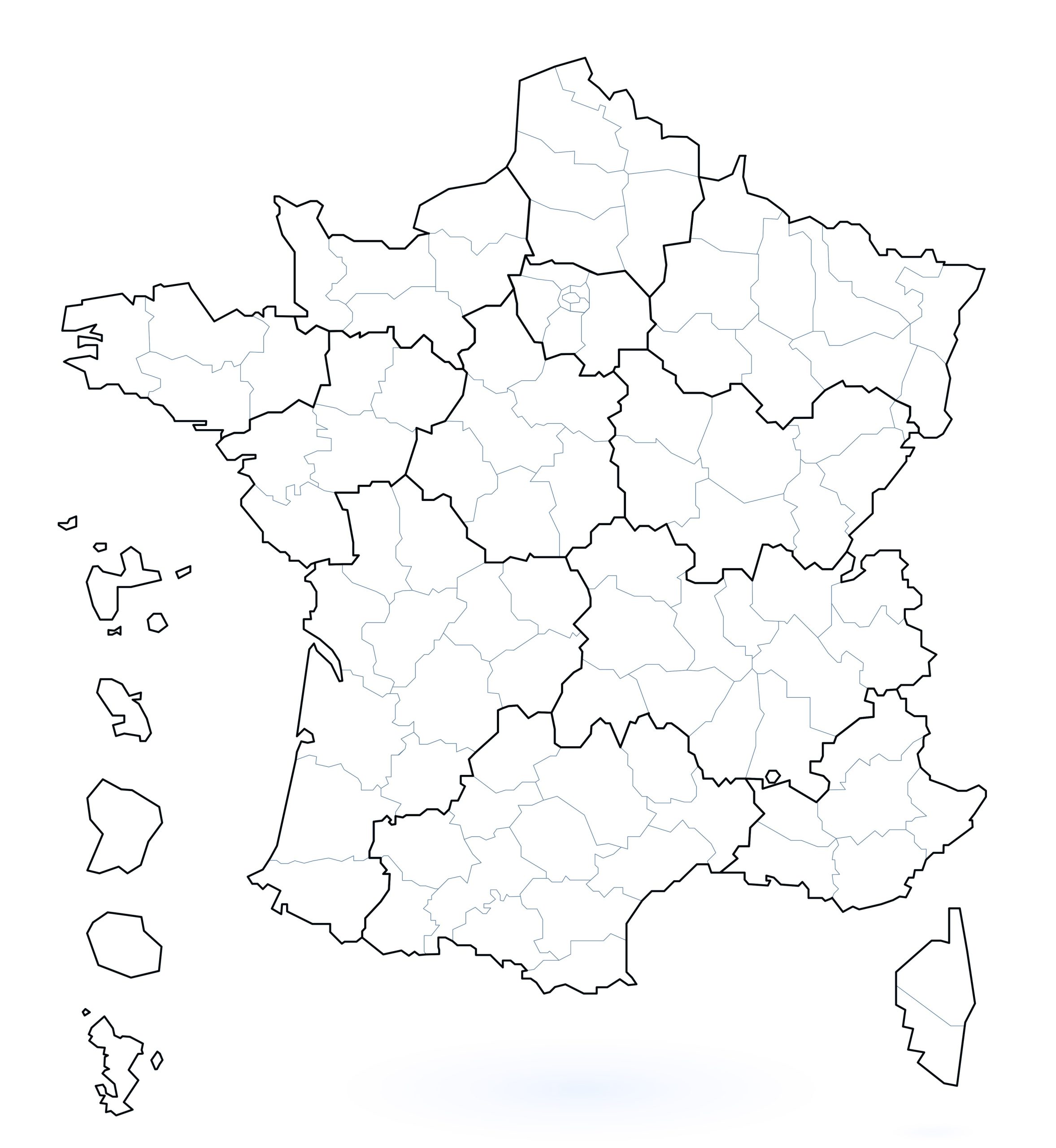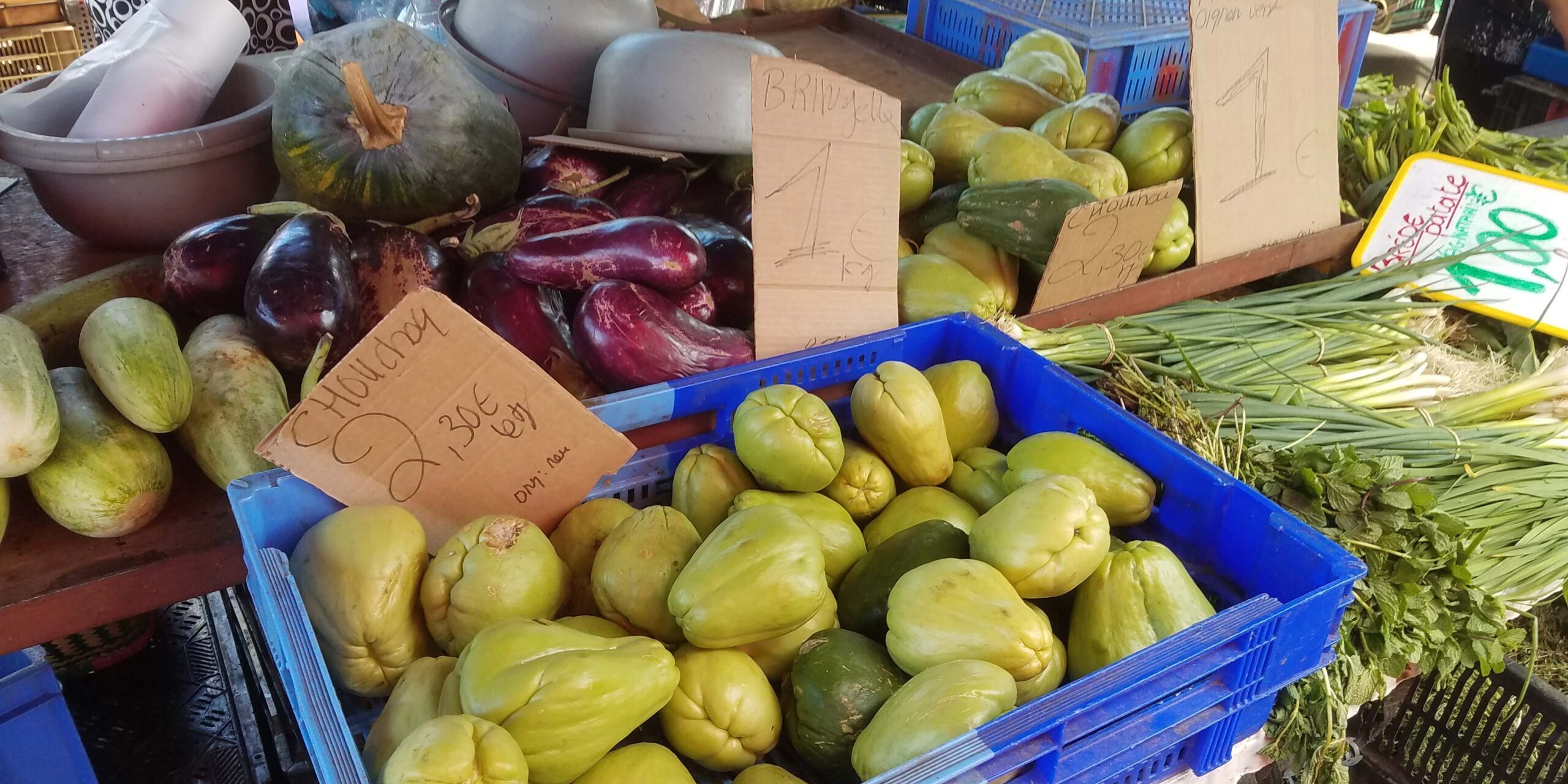Observatory of food behaviour in Reunion Island
Responsible for the project: Caroline MEJEAN
Coordinating institution: INRAE
Dietary behaviors
Oversea regions
Sustainable diet
Dietary intake
- Total cost: €1.95 million
- Starting date: 01/11/2023
- Duration: 4 years
- Reference: ANR-23-PESA-0002
• Overall objective:
Despite the urgent need to address the increasing prevalence of obesity and chronic diseases in the French overseas departments and regions over the last few decades, data on food consumption and nutritional intakes to characterise the nutritional transition are scarce and incomplete. What’s more, this issue is now being revisited in a context marked by multiple and interconnected transitions (nutritional, demographic, urban, epidemiological, climatic).
In this context, CARI is an observatory that aims to produce monitoring data on eating habits in Reunion Island, their sustainability and their individual and environmental determinants. It is part of a wider project to set up a food observatory on La Réunion.
• Scientific and societal issues:
The scientific challenges are to develop and validate tools and methodologies tailored to the specific demographic and territorial characteristics of Reunion Island in order to obtain robust and reliable data. Based on this initial model, lessons will be learnt about the conditions for the feasibility and sustainability of observatories in overseas contexts.
The societal challenges are to analyse the potential effects of transitions and economic and health crises, identify the most vulnerable populations and assess the impact of levers on the various dimensions of food sustainability (increasing the proportion of local food in the diet, for example).
• Project focuses:
Axis 1. Validation of a food frequency questionnaire to measure dietary behaviors and matching to multidimensional databases adapted to the Reunionese context (nutritional composition, food prices and environmental impacts);
Axis 2. Description of diets and their sustainability, including data collection and analysis of dietary intake and food supply practices in 2500 adults ≥16 years;
Axis 3. Identification of individual and environmental determinants of diets based on data collected.
- Coordinating institution: INRAE
- Partner institutions: ANSES, IRD headquarters, CIRAD-Montpellier, Qualitropic


